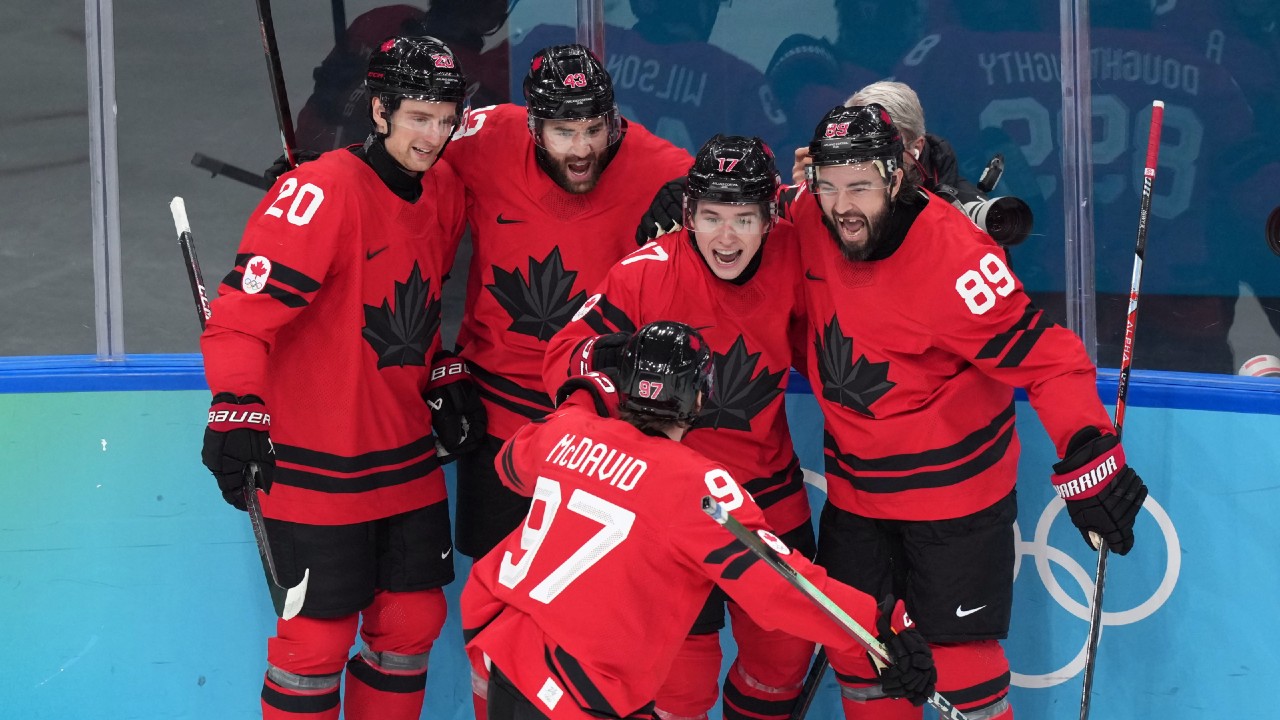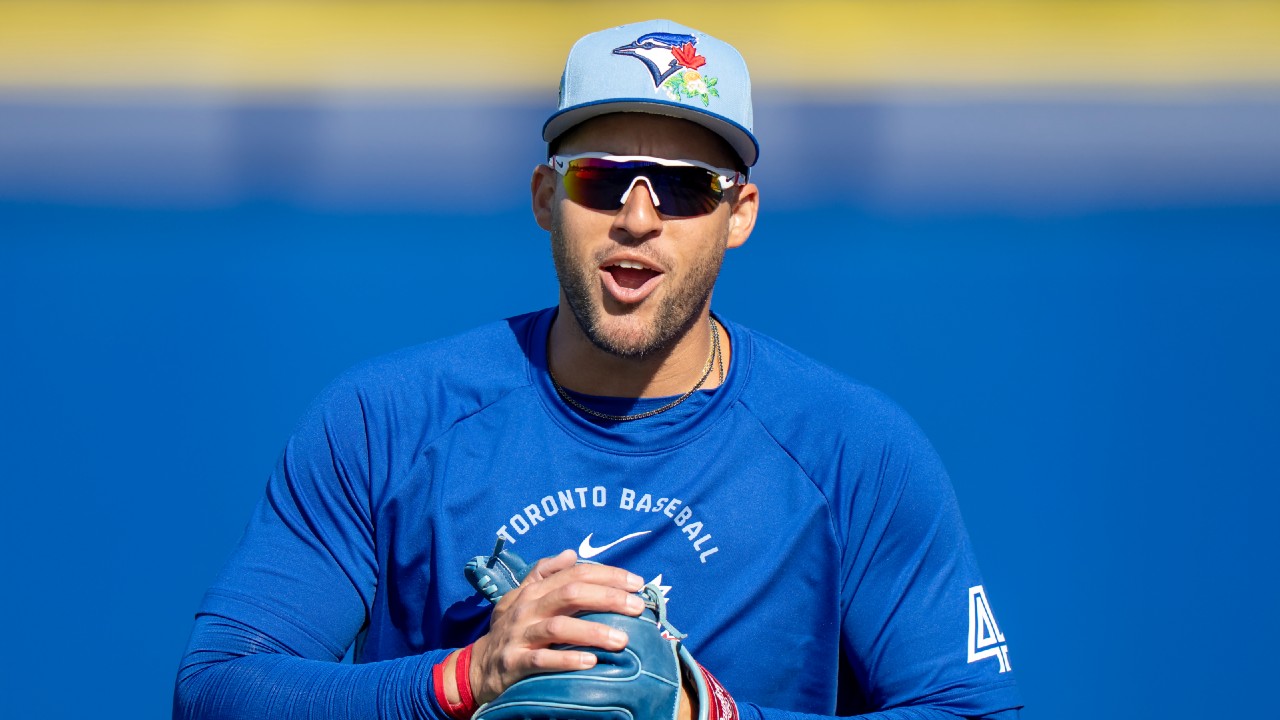
Hockey Canada’s new leadership is on course to include a two-time Olympic gold medallist.
Cassie Campbell-Pascal, who captained the country’s women’s team to consecutive podium-topping performances at the 2002 and 2006 Games, was announced Monday as one of the candidates to fill nine vacant board of director seats.
The national organization’s provincial and territorial members will hold a Saturday vote on whether to accept or reject the entire slate, which includes five women and four men.
Hockey Canada’s previous board stepped down in October as part of the fallout from the scandal-plagued federation’s past handling of sexual assault allegations and hushed payouts to victims.
Hugh L. Fraser, a retired judge with nearly three decades of experience at the Ontario court of justice, has been nominated as board chair.
Born in Jamaica and raised in Kingston, Ont., Fraser has been an arbitrator on the Court of Arbitration for Sport since 1995 and served on the first ad hoc court at the 1996 Olympics.
Campbell-Pascall, meanwhile, brings the most Hockey Canada experience to the table.
The three-time Olympian currently sits on the board of its foundation and was the first female hockey player inducted into Canada’s Sports Hall of Fame.
An Order of Canada recipient, Campbell-Pascall was also the first woman to provide colour commentary on “Hockey Night in Canada” broadcasts.
The other nominees are Grant Borbridge, Julie Duranceau, Dave Evans, Marni Fullerton, Jonathan F. Goldbloom, Marian Jacko and Andrea Poole.
Borbridge, Jacko and Poole have significant hockey administration experience.
A corporate lawyer from Calgary, Borbridge served on the board of the Girls Hockey Calgary Association and the Glenlake Minor Hockey Club.
Jacko, who is an Anishinaabe from Wiikwemkoong First Nation, is the assistant deputy attorney general for the Indigenous Justice Division of the Ontario Ministry of the Attorney General. She is also president of the Little Native Hockey League.
Poole, who runs accounting firm Numeris CPA Professional Corporation, has sat as director of the Ottawa East Minor Hockey Association.
The other nominees come from outside the sport.
Duranceau is a lawyer and an accredited mediator in civil, commercial and family matters, Goldbloom is a Montreal-based communications specialist, Fullerton is an executive with experience as a senior adviser and chief executive officer for various groups and Evans is an executive with experience in the real estate industry.
The nominees were selected by Hockey Canada’s independent nominating committee with the assistance of executive search firm Korn Ferry.
Hockey Canada said in a release that once elected, the new board is expected to lead the organization “through the urgent changes necessary to ensuring greater safety and inclusiveness in and around hockey and restore trust in the organization.”
Hockey Canada announced earlier this month there were more than 900 documented or alleged incidents of on-ice discrimination — verbal taunts, insults and intimidation — across all levels and age groups during the 2021-22 season.
The data contained in the national sport organization’s first-ever report tracking the issue showed 512 penalties for discrimination were called by officials, while 415 allegations were investigated after the fact.
Hockey Canada introduced a new section to its rulebook in August 2021 to address maltreatment in a federation that had close to 520,000 registered players last season.
“We are grateful to the more than 550 candidates who applied to help guide the change at Hockey Canada,” Michael Bruni, the nominating committee chair, said in a release.
“The nominees we’ve put forward represent the very best of Canadian society: bringing together the knowledge and experience necessary to create a new era in hockey that focuses on governance and cultural evolution.”
Hockey Canada is looking to move forward in the wake a disastrous stretch that saw its federal and corporate funding paused or halted entirely due to the organization’s handling of sexual assault allegations and payments to victims.
There were also a series of ugly heritage committee meetings on Parliament Hill where officials past and present were grilled by legislators, ultimately leading to the board’s resignation and the departure of embattled president and CEO Scott Smith.
Former Supreme Court judge Thomas Cromwell, meanwhile, headed an independent review into Hockey Canada’s governance.
The 221-page document concluded the federation was at a “crossroads’” and called for more oversight and accountability.
Cromwell’s report provided a number of recommendations, including that moving forward no more than 60 per cent of Hockey Canada’s board members be of the same gender.




